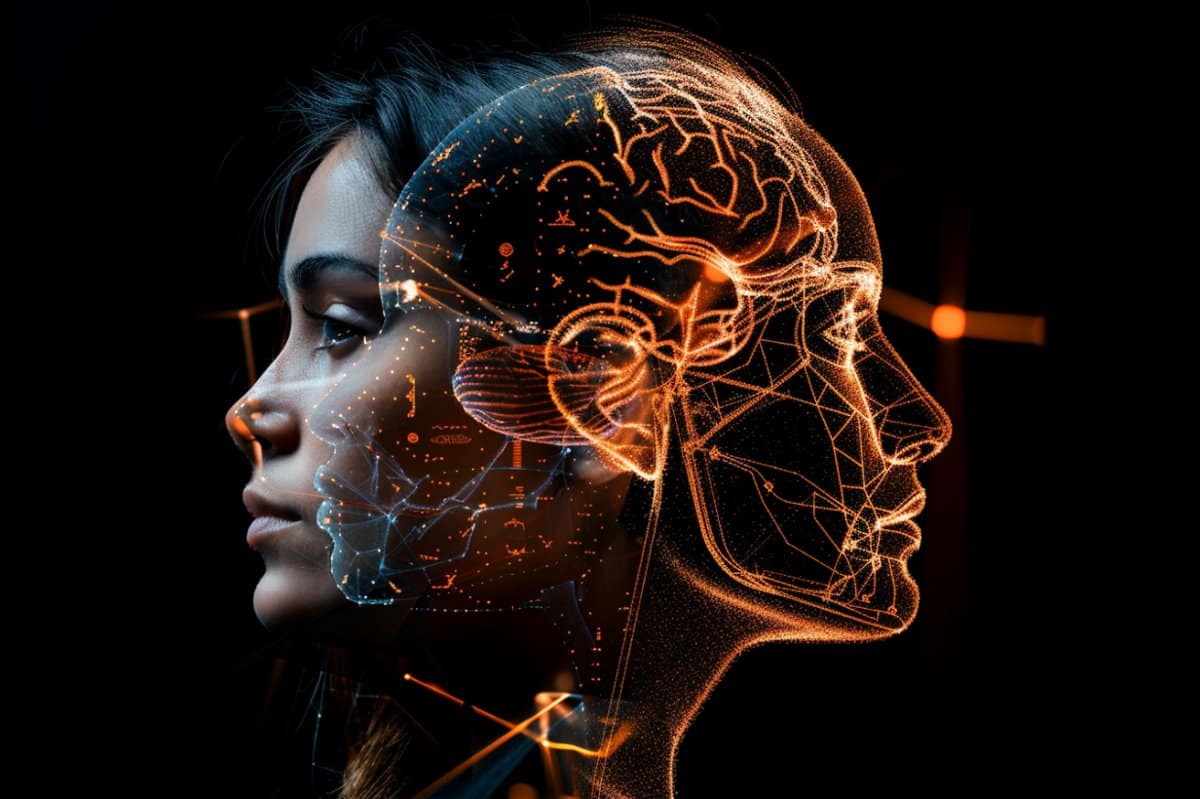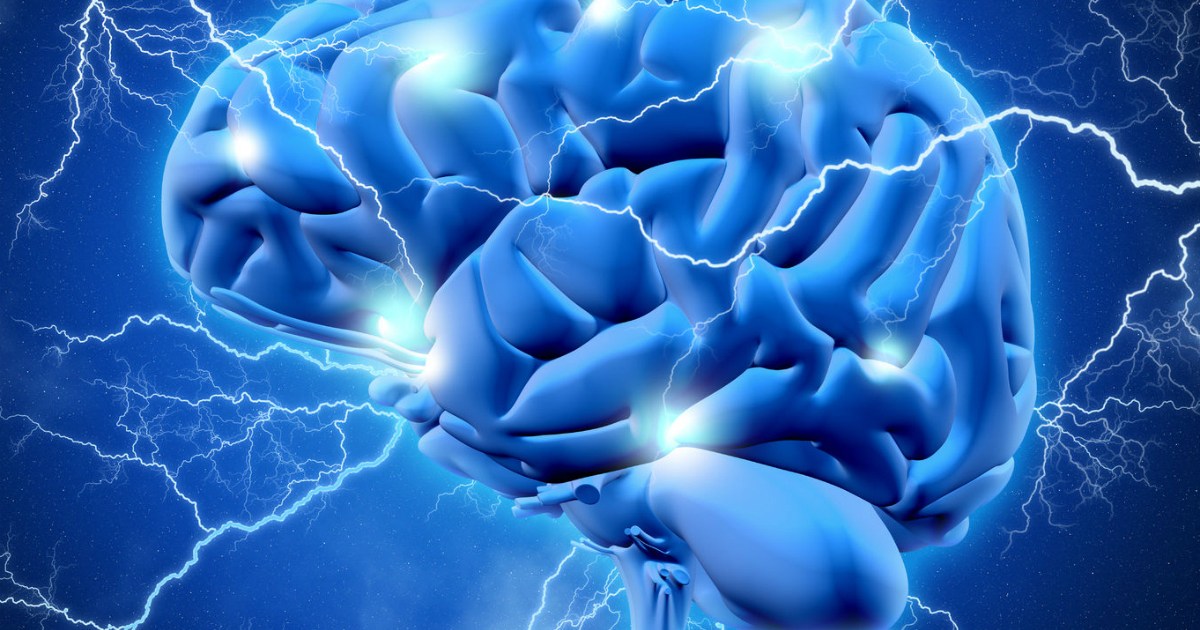AI Determines Sex of Person From Brain Scans
Summary: Researchers developed an artificial intelligence model that accurately determines the sex of individuals based on brain scans, with over 90% success. This breakthrough supports the theory that significant sex differences in brain organization exist, challenging long-standing controversies. The AI model focused on dynamic MRI scans, identifying specific brain networks—such as the default mode, striatum, …










